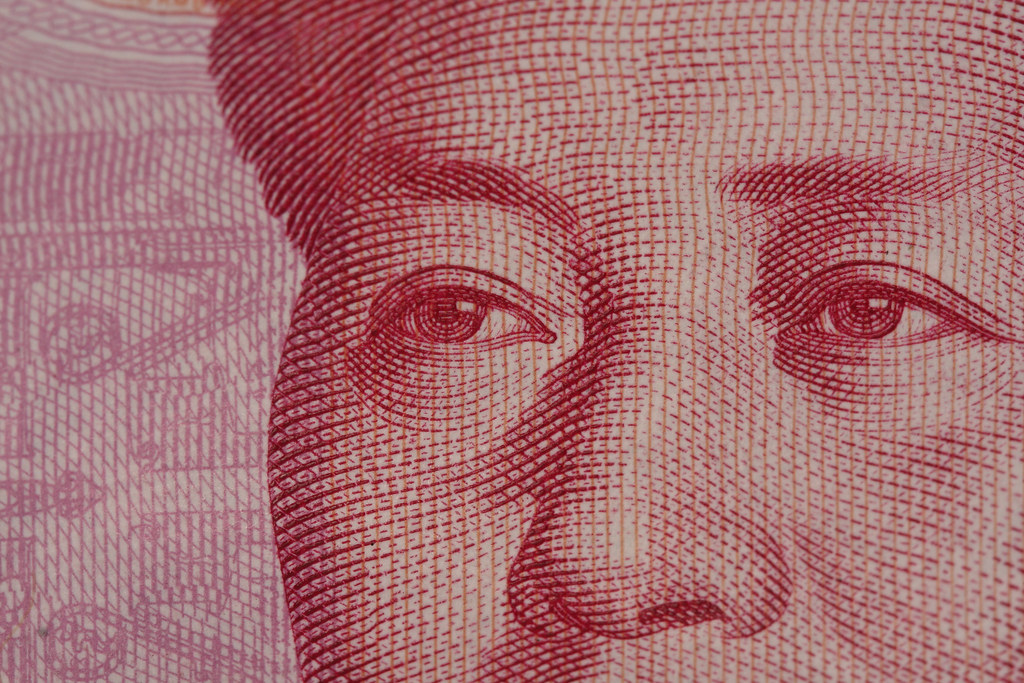What is the reason for the increase in the Chinese public deficit? Report Ft

According to China's Finance Ministry, total fiscal spending exceeded revenues by about $1.1 billion this year, more than double that of the same period last year. But what are the factors that are making China's public debt soar?
A large measure of China's budget deficit hit a record high in the first 11 months of this year, as a slump in the real estate sector and President Xi Jinping's zero-Covid policy weighed on the world's second-largest economy. Writes the Financial Times .
Total fiscal spending by all levels of government exceeded revenues by RMB7.8 billion (US$1.1 billion) from January to November, according to the Finance Ministry. The figure is more than double the RMB 3.7 billion in the same period last year.
Rising public deficit highlights economic damage caused by Xi Jinping's COVID-19 elimination policy, which has involved relentless contact tracing, testing and lockdowns to eliminate the coronavirus, as well as a crackdown on building speculation by his government.
Beijing abruptly abandoned its zero-Covid policy this month following rising case numbers, an economic slowdown and growing popular resistance.
“This is the worst time [in years] for China's public finances,” said Larry Hu, an economist at the Hong Kong-based Macquarie Group. “A number of negative factors are coming together.”
The collapse in land sales, a major source of government revenue, was one of the main reasons for the widening deficit. Chinese local authorities raised RMB 5.1 billion in the first 11 months of this year, down by almost a quarter from the previous year.
The decline is because debt-leveraged developers, led by the private sector, stopped ramping up their land banks after regulators tightened their access to credit and home sales plummeted.
Tax cuts, a key part of Beijing's efforts to stimulate the sluggish economy, have dealt another blow to tax revenues. Official data show that collection of value-added tax in China, a major source of budget revenues, fell by more than a quarter in the first 11 months of this year, after Beijing cut VAT rates and offered discounts to boost growth.
In the same period, tax revenues from car purchases fell by almost a third, as Beijing cut tax rates to boost consumer staples.
Meanwhile, government fiscal spending, led by spending on health care and social welfare, continued to grow as Beijing struggled to contain the pandemic and provide a safety net for a rapidly growing population of unemployed adults.
Data from the Finance Ministry showed that the government's health spending rose 15% in the first 11 months of this year as authorities invested heavily in PCR testing and centralized quarantine facilities to eradicate the pandemic.
As the government's financial difficulties worsen, the authorities are coming under pressure to cut spending.
Zhong Zhengsheng, chief economist at Ping An Securities in Beijing, said China's tax spending would fall 12% in December after several months of hikes.
"As the deficit target remains unchanged, the authorities need to cut spending to compensate for the revenue decline," Zhong said.
Zhong added that public finances could improve next year as China emerges from "zero Covid" and eases scrutiny over the private sector, which has been battered by regulatory campaigns on issues such as data security.
“Next year, there won't be so many negative factors holding back growth,” Zhong said.
(Excerpt from the foreign press review by eprcomunicazione )
This is a machine translation from Italian language of a post published on Start Magazine at the URL https://www.startmag.it/economia/a-cosa-e-dovuto-laumento-del-deficit-pubblico-cinese-report-ft/ on Mon, 26 Dec 2022 06:34:24 +0000.
